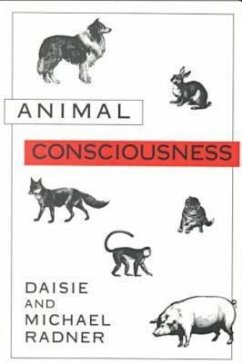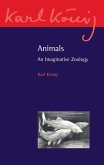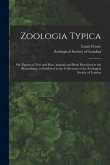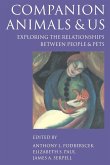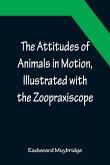Any intelligent debate on the ethical treatment of animals hinges on understanding their mental processes. The idea that consciousness in animals is beyond comprehension is usually traced to the 17th-century philosopher Ren? Descartes whose concept of animals as beast machines lacking consciousness influenced arguments for more than 200 years. But in reviewing Descartes' theory of mind, Daisie and Michael Radner demonstrate in Animal Consciousness that he did not hold the view so frequently attributed to him. In fact, they contend that Descartes distinguished two types of consciousness, which make it easier to discuss the conscious experiences of animals and to trace the debate into the post-Darwinian era.
Hinweis: Dieser Artikel kann nur an eine deutsche Lieferadresse ausgeliefert werden.
Hinweis: Dieser Artikel kann nur an eine deutsche Lieferadresse ausgeliefert werden.

